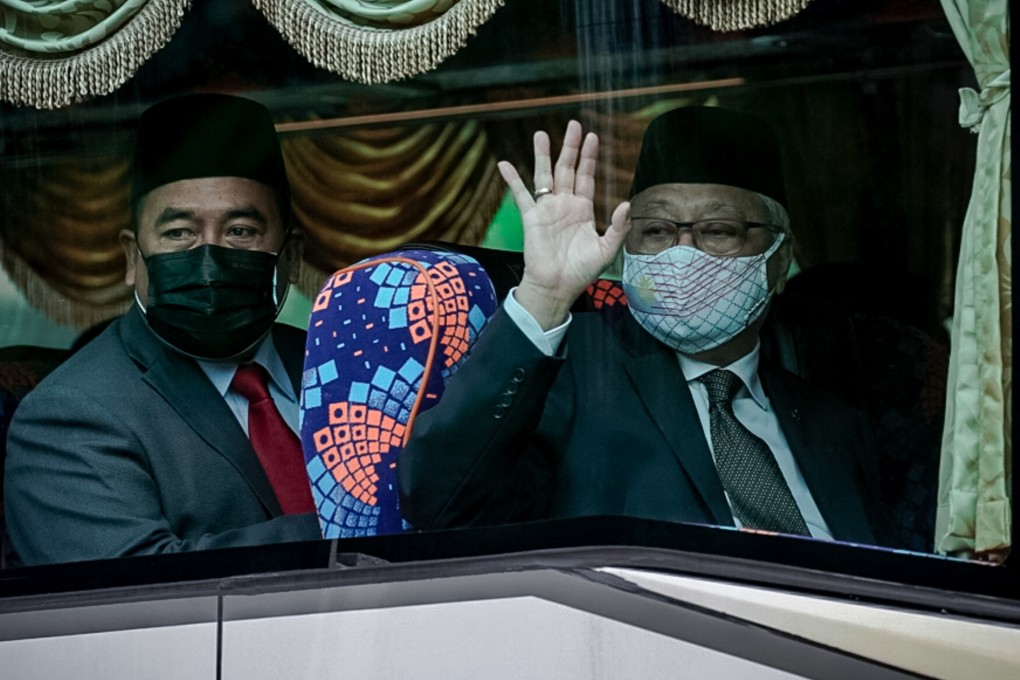Reflections | Power of ‘the people’ – how the term, in whatever language, has been co-opted by political leaders
- When Malaysian politicians, commentators and activists speak or write in English, instead of using ‘the people’ they adopt the Malay equivalent, ‘rakyat’
- Leaders of countries everywhere like to talk about ‘the people’. Look at China, where different terms for ‘the people’ have been used down the centuries

Ismail Sabri Yaakob, Malaysia’s new prime minister, is the country’s third premier in as many years. His appointment follows the resignation of his beleaguered predecessor, Muhyiddin Yassin, who was in office for 17 months, the shortest tenure since the Southeast Asian nation’s independence from Britain, in 1957. At the moment, the average Malaysian is probably more concerned about the country’s recovery from the Covid-19 pandemic than its fractious politics.
In Malaysia, political discourse conducted in the English language has keenly taken up the Malay word “rakyat”, where once English term “the people” would suffice. It is so ubiquitous in English speeches, official statements, news and commentaries that most of the country’s English-language publications and websites no longer italicise the word – the usual stylistic rendition of non-English words that appears in an English text.
The use of the word by politicians, commentators and activists of all political persuasions is deliberate. More than just saying or writing “the people”, the insertion of the Malay word “rakyat” in spoken and written English evokes an emotional response from Malaysians of all ethnicities and classes, conjuring up among them a feeling of solidarity and shared destiny with their compatriots.
In the past, the Chinese had several words to denote “the people”. When China was a monarchy, which it was for the nation’s entire existence but for the last century or so, individuals who were not members of imperial families, the aristocracy or nobility, who held no positions in government, but who were higher in status than slaves and the lowliest strata of society, were called shumin, which meant freemen or commoners. They were sometimes also referred to by descriptive words such as qianshou (“black crowns”) for the black turbans they wore in ancient times, or buyi (“linen or cotton clothing”), which is self-explanatory.
A more common designation for the hoi polloi, however, was baixing, literally “100 surnames”, a word that is still used today in certain contexts. The “100” is figurative, as thousands of surnames existed, and still exist, in China. The word is often rendered as laobaixing with the prefix lao, which literally means “old” but is frequently used to indicate an informal register of respect rather than age.

